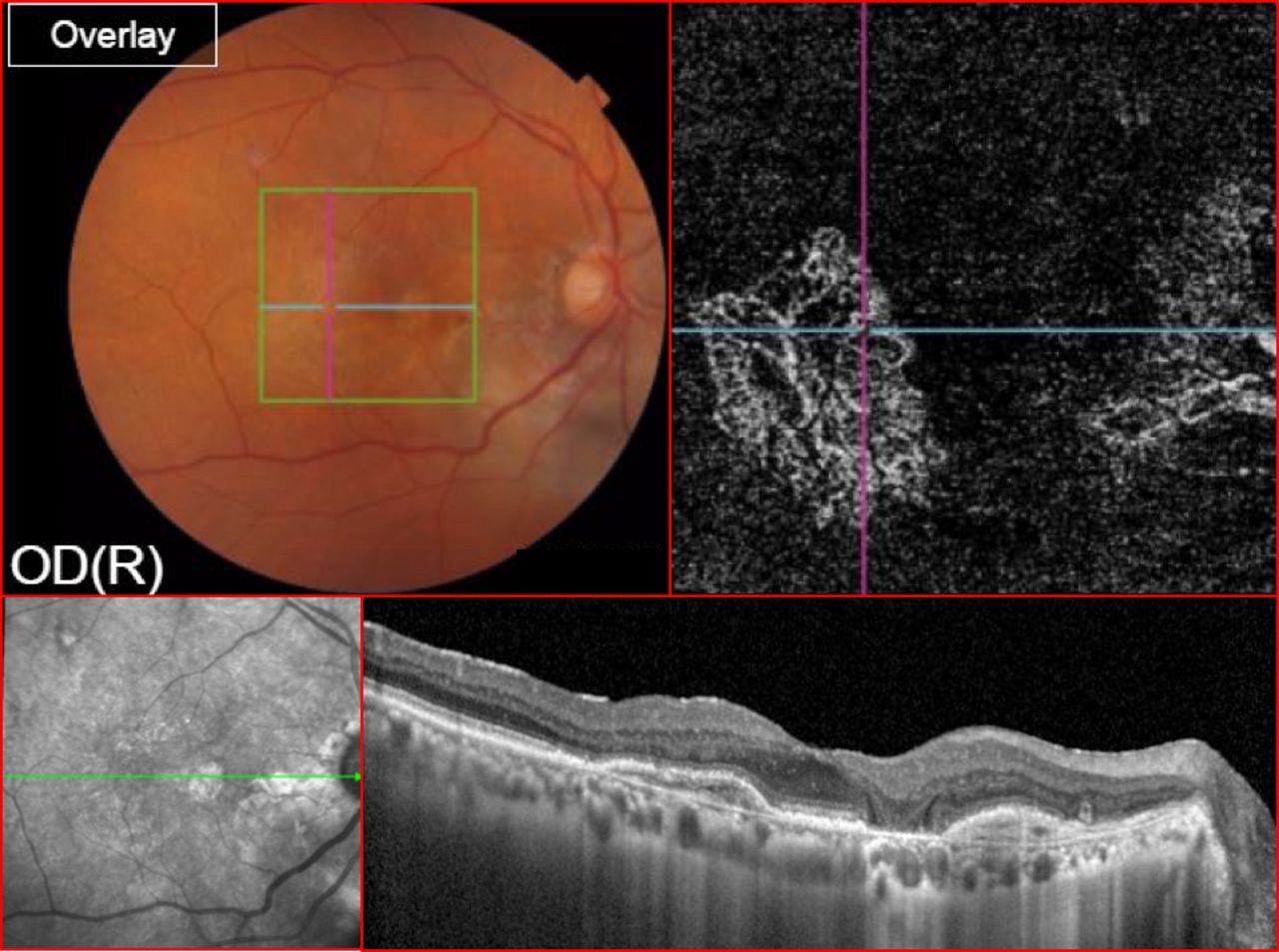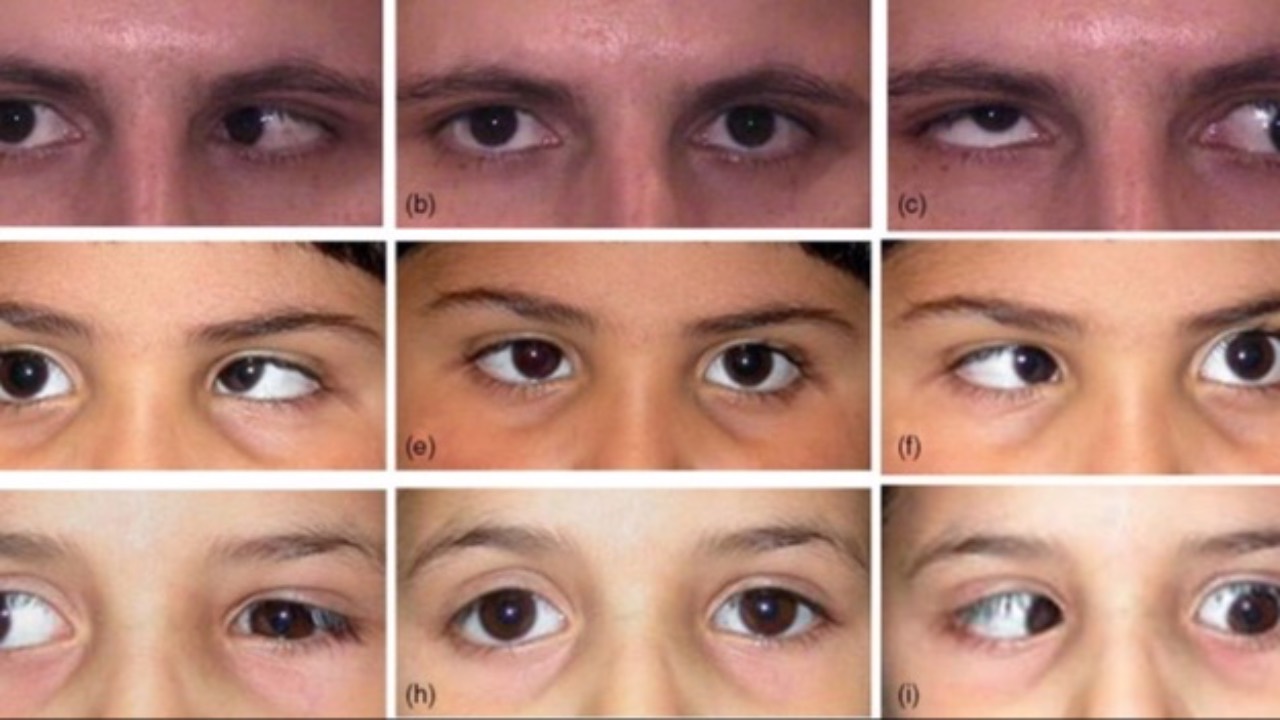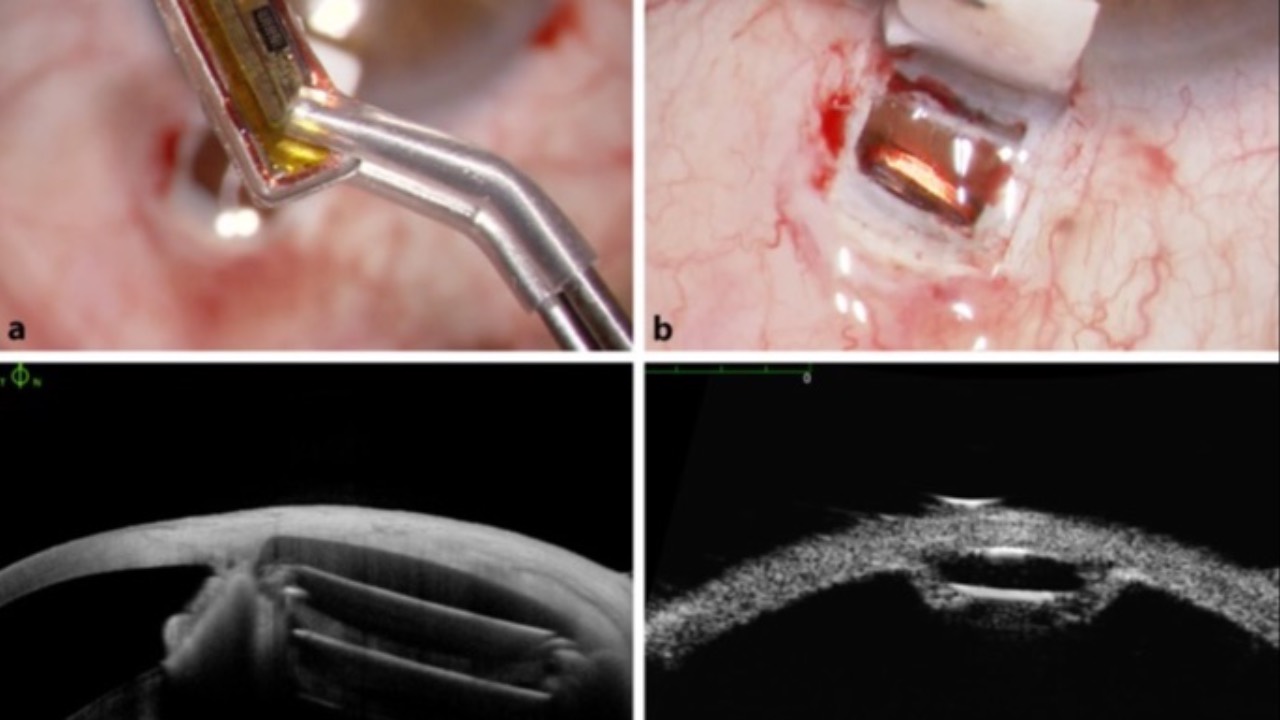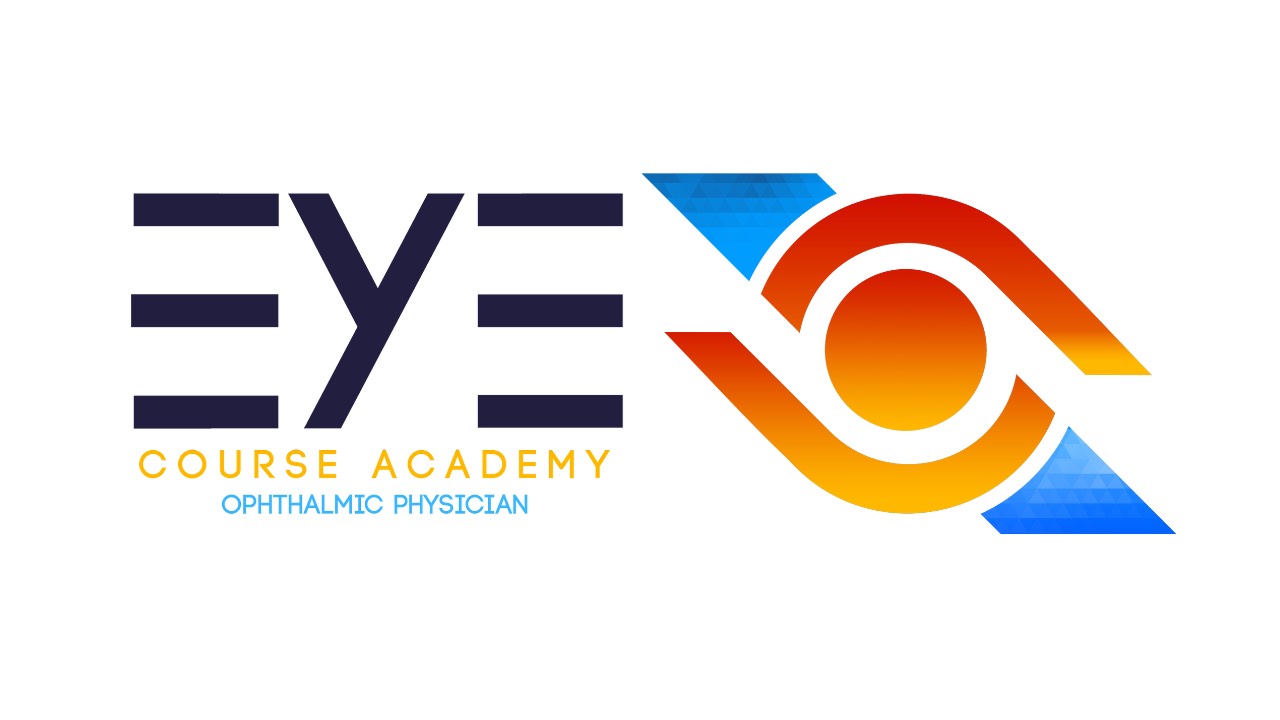Omega 3's & AMD
Should they be part of your treatment plan?
There is new information on the potential protective role of omega-3 fatty acids against age-related macular degeneration (AMD).

A recent large-scale prospective cohort study and Mendelian randomization analyses suggest a causal link between higher plasma levels of omega-3 polyunsaturated fatty acids (PUFAs) and reduced AMD risk. Specifically, each 1 mmol/L increase in plasma omega-3 PUFAs or docosahexaenoic acid (DHA) was associated with a 20% and 35% reduction in AMD incidence over 13 years, respectively. These findings are particularly noteworthy given the anti-inflammatory and anti-angiogenic properties of omega-3s. However, it's important to note previous clinical trials have found inconsistent results, possibly due to methodological limitations.
This new evidence highlights the need for us to consider omega-3 fatty acids as a potential preventive strategy for AMD, while pointing to the importance of additional research to establish optimal dosage recommendations and long-term efficacy.
-JRM
Go to the article in Ophthalmology:
WE WILL CREATE & PUBLISH YOUR COPE-APPROVED COURSE
With material you already have!...
- No Fees: Publish & present your course on our powerful platform.
- Income Stream: We do the work & you earn.
- Real Partnership: Real humans.
- Utilize Existing Materials: Notes, FAAO papers, articles collecting dust?
- Share Your Expertise: Teach others to help others.
- Global Audience: Reach eager learners worldwide.
- Advance Your Career: Contribute to ophthalmic medical education.
PODCAST: DR. MARTINELLI'S VISION & NEUROLOGY CASEBOOK
55:54 (Audio Only) FREE ACCESS
- The Conversation: Muscle, Nerve, or Brain?
- Differential Diagnosis in Neuro-Ophthalmic Disorders: Listen to the discussion concentrating on a systematic approach to diagnosing visual disturbances with potential neurological origins. This includes considering a broad range of possibilities, correlating symptoms with clinical findings, and utilizing appropriate investigations like imaging and lab tests.
- Importance of Patient History and Examination: The case studies highlight the value of a detailed patient history and thorough ophthalmic examination in guiding diagnostic decisions.
- This Is Primary Care: Encouraging optometrists to think beyond the eye and delve deeper into potential systemic causes for visual symptoms. This includes ordering advanced diagnostics and collaborating with other medical specialists to provide comprehensive patient care.
- The Art of Patient Management: Beyond clinical skills, emphasizing the importance of effective communication, empathy, and building a strong doctor-patient relationship.
Podcast is EyeX AI powered. Material, information, concepts, words, and dialogue reviewed and approved by the author.







Responses